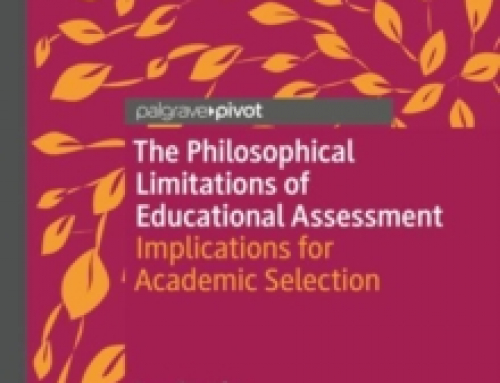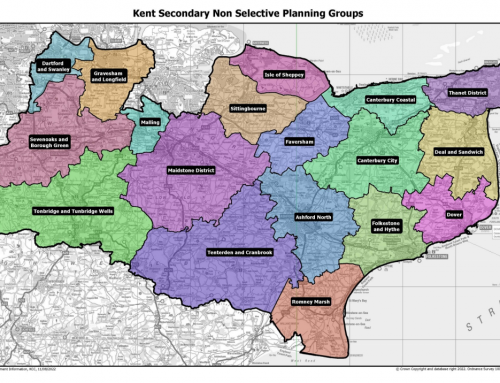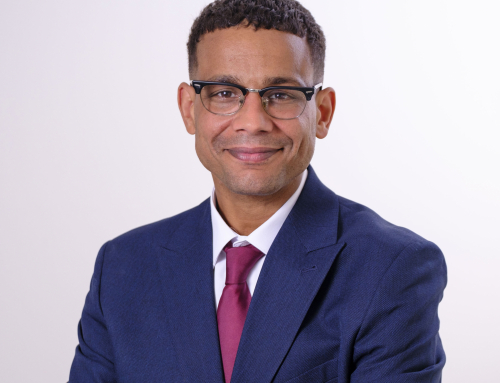 The government has announced that a rule capping the proportion of pupils schools can select based on faith at 50 per cent will be scrapped. The government also plans to remove a block on new faith special schools. This will allow new faith schools to select 100% of their pupils based on faith criteria if they choose.
The government has announced that a rule capping the proportion of pupils schools can select based on faith at 50 per cent will be scrapped. The government also plans to remove a block on new faith special schools. This will allow new faith schools to select 100% of their pupils based on faith criteria if they choose.
Comprehensive Future has no policy on whether or not faith schools should exist, we simply campaign for fair school admissions. However, we note that faith schools can be more likely to offer the sort of policies that cause unfairness, such as complex proof of faith requirements. It is also the case that a recent study by the Sutton Trust found that schools with a religious affiliation are more socially selective than non-religious schools. They claimed that 155 schools in England were “more socially selective than the average grammar schools” This study found that all of the 20 most socially selective comprehensive schools were faith schools.
Andrew Copson, who leads Humanists UK, said the “proposal to allow 100 per cent religious discrimination in new state faith schools will increase religious and racial segregation in our schools at a time when integration and cohesion has never been more important.”
Paul Whiteman, the general secretary of the National Association of Head Teachers, told the Guardian the decision could make it harder for pupils to get places at their local school. “Such a change in policy feels inappropriate so close to an election and is something that should be incorporated into a manifesto.”
The Catholic church has long lobbied for a change to the 50% cap, because at present they are unwilling to open free schools because canon law prevents them from turning away pupils on the basis of their Catholic faith. Damian Hinds, the Schools Minister, is a Catholic, and likely to be sympathetic to this point.
Bishop Marcus Stock of Leeds, the chair of the Catholic Education Service (CES) said, “Catholic education not only provides a high performing school sector and promotes the formation of children in values and virtues; it is more ethnically diverse than other schools, educates more pupils from the most deprived backgrounds, and builds social cohesion within our communities.”
The government has launched a consultation on the plan and the survey can be found HERE.





